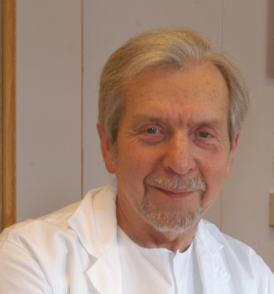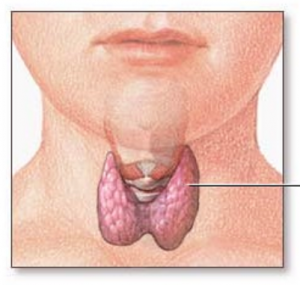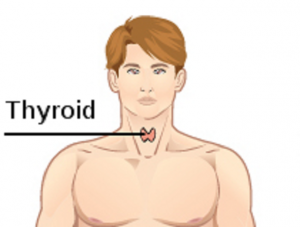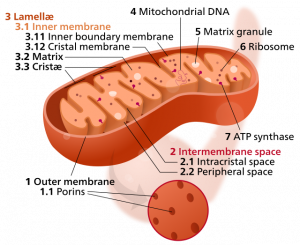Daily supplementation with 200 mcg of selenium and 200 mg of Coenzyme Q10 for four years has resulted in significant increases in serum SIRT1 concentrations. In the parallel placebo group, the serum SIRT1 concentrations decreased significantly [Opstad, Alehagen 2023].

This is the latest evidence from the KiSel-10 Study in which researchers randomly assigned elderly community-living Swedish men and women, average age: 76 years, 49% female, to a combined selenium and Coenzyme Q10 treatment group or to a placebo group [Alehagen 2013].
In earlier papers, the KiSel-10 Study researchers have reported beneficial effects of the combined supplementation of the elderly Swedish citizens with low baseline selenium levels [Alehagen 2022; Opstad 2022]:








